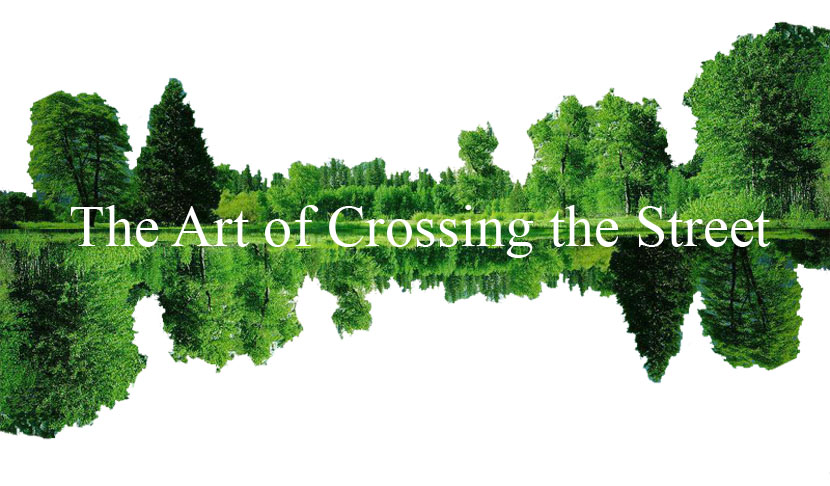Manifesto
1. Omission is the simplest form of a lie. For centuries, history has been chopped and screwed into what whoever is writing the book decides. Who needs to lie when you can just leave things out?
The widespread dissemination of information has made this process increasingly difficult…
2. In 1441, Johannes Gutenberg invented the printing press. With an inexpensive way to mass produce texts, reading was no longer explicitly for the upper class and information now had an efficient vehicle for dissemination.
Nearly seventy-five years later, Martin Luther revealed his Ninety Five Theses, prompting the reformation. With the Bible able to be read by common folk, the incongruencies between the word of God and the actions of the Church became evident.
The Church cannot always be trusted.
3. The invention of the home television allowed people to not only learn things, but to see and hear them, too. Information now had a more efficient vehicle for dissemination.
When the Vietnam War, civil injustice, and other heinous crimes hit TV screens across the country, Americans quickly saw the foolishness in these actions and led some of the most powerful protests of all time, as they learned:
The government cannot always be trusted.
4. Today the internet lets us virtually stream our lives at lightning speed for the world to see. We are at a point where it seems information has reached the most efficient vehicle of dissemination. We can self-publish anything and share whatever we would like with our peers.
The anonymity and accessibility of the internet allows every person to be heard, but the larger the crowd the quieter each individual voice becomes. If one person attempts to spread false or irrelevant information, the overwhelming power of the group easily shuts it down. The group makes decisions collectively, and collectively we are now learning:
The individual cannot always be trusted.
5. As an art-maker, I must be constantly aware that apart from myself I am a part of a larger body. My decisions reflect the impact religion, politics, and my own experiences have had on my thinking, and the simultaneous distrust towards them I possess.
I am a reflection of a whole; I am unimportant. I can be modified, erased, skewed, cut, pasted, molded by the lies and truths of others.
My life is an extension of my artwork. I am as ephemeral as my subjects; I am a variable. My contribution is not an addition, but a modification.
Walter Latimer

No comments:
Post a Comment